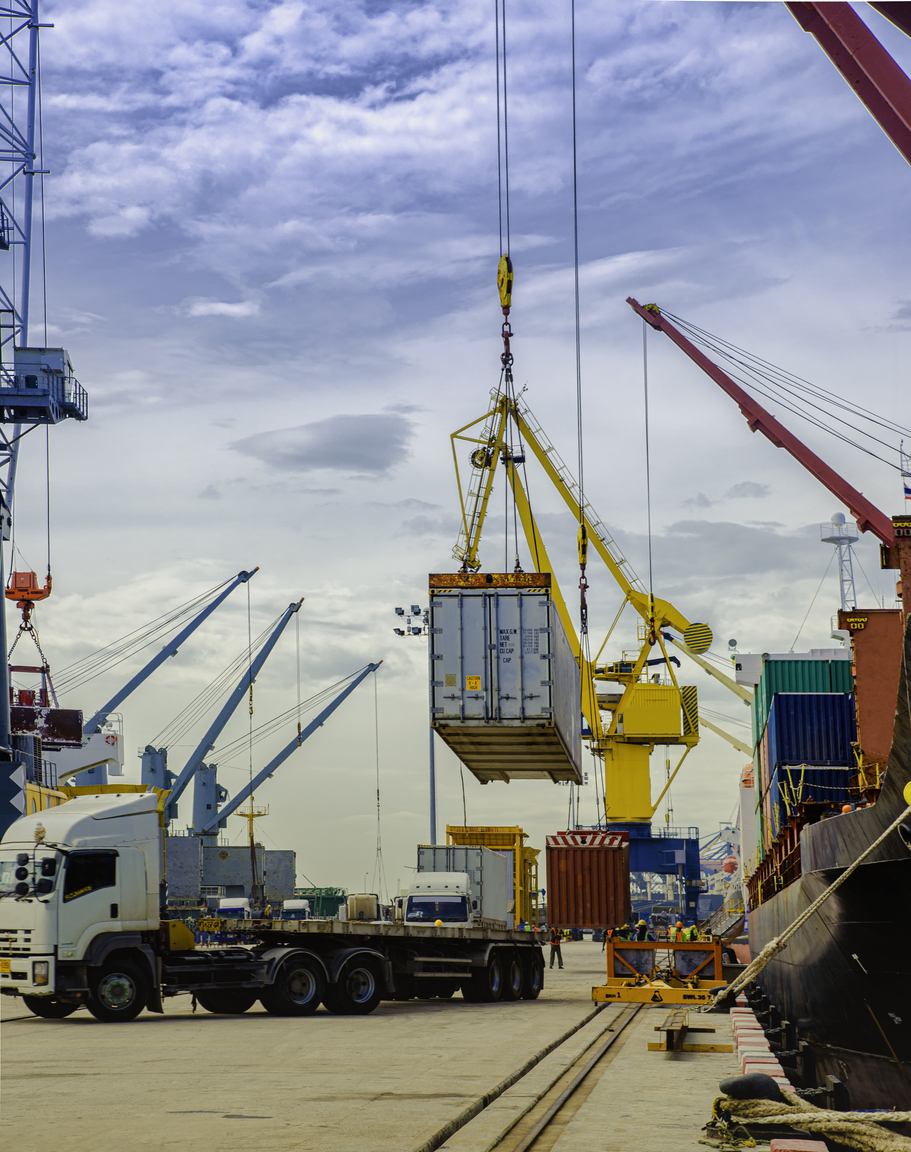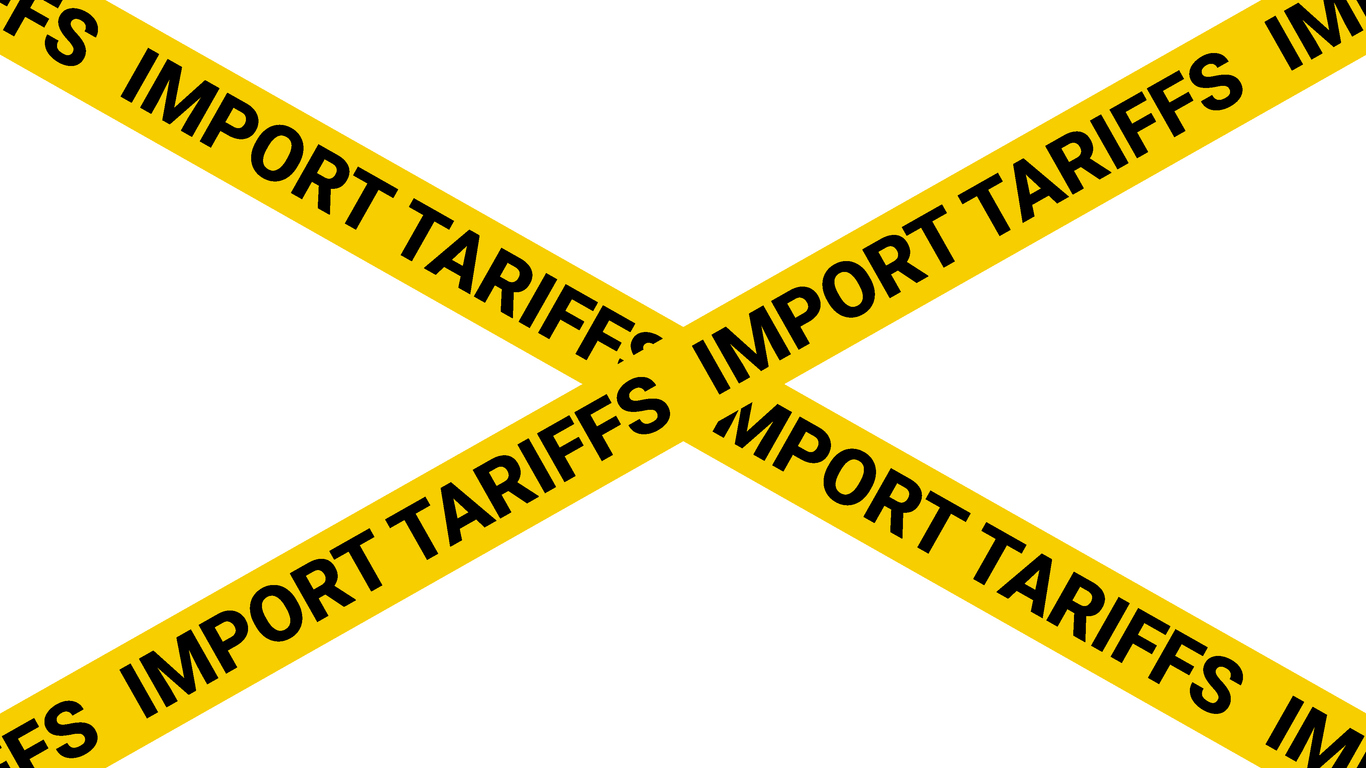Understanding the Role of Logistics Trucks in Supply Chain Efficiency
In logistics, trucks are the backbone of transportation and delivery, ensuring goods move swiftly across supply chains. In countries with growing economies like Nigeria, logistics trucks play a pivotal role in connecting businesses to markets, consumers, and suppliers both locally and internationally. This article will highlight the importance of logistics trucks, the types of trucks used in logistics, and how companies like Wigmore Trading utilize trucks to streamline supply chains across Nigeria and West Africa.
Why Logistics Trucks are Vital in Supply Chains
Trucks are often the most versatile and accessible means of transporting goods. In Nigeria, where road networks are crucial for reaching remote areas, logistics trucks enable businesses to deliver products across the country efficiently. They are used for everything from transporting small parcels for last-mile delivery to moving heavy machinery for large industries.
Key Benefits of Logistics Trucks in Supply Chains:
- Flexibility and Accessibility: Trucks can access areas where other transport modes, like rail or air, are limited.
- Cost-Effectiveness: Trucking provides a relatively affordable way to move large quantities of goods across long distances.
- Timely Deliveries: With a well-coordinated truck network, logistics providers can ensure timely delivery, reducing downtime and improving customer satisfaction.
Types of Logistics Trucks and Their Functions
Logistics companies deploy a variety of truck types based on the specific needs of the cargo and route requirements. Here are some common types used in Nigeria:
- Flatbed Trucks
- Usage: Ideal for transporting large, heavy, or oversized items like machinery, pipes, and construction materials.
- Benefit: Open beds make loading and unloading simpler for goods that don’t need full enclosure.
- Box Trucks or Cargo Vans
- Usage: Used for small to medium-sized cargo, especially for last-mile deliveries in urban areas.
- Benefit: Enclosed cargo areas keep items secure and protected from weather elements.
- Refrigerated Trucks (Reefers)
- Usage: Essential for transporting perishable goods like food, pharmaceuticals, and beverages.
- Benefit: Climate-controlled interiors help maintain the quality and shelf life of temperature-sensitive products.
- Tank Trucks
- Usage: Used for transporting liquids, chemicals, or fuels, which are common in Nigeria’s oil and gas sector.
- Benefit: Specialized tank designs ensure safe transport of volatile or hazardous materials.
- Heavy-Duty Trucks
- Usage: Capable of handling bulky and heavy loads, heavy-duty trucks are suitable for long-haul and industrial transportation.
- Benefit: Stronger engines and reinforced frames allow them to handle significant loads over longer distances.
The Importance of Fleet Management in Logistics Truck Operations
For logistics companies, efficient fleet management is essential. Proper management helps reduce costs, maximize truck use, and ensure reliable service for clients. Some key areas in fleet management include:
- Route Optimization: By using data-driven planning, logistics providers can choose the fastest, most fuel-efficient routes, minimizing delays and reducing operational costs.
- Vehicle Maintenance: Regular maintenance ensures trucks are in top condition, reducing breakdowns and ensuring consistent service.
- Fuel Management: Fuel expenses can be a significant cost in logistics, so managing fuel use and efficiency is critical for cost-effective operations.
Companies like Wigmore Trading invest in advanced fleet management technology, such as GPS tracking and real-time monitoring, to streamline their trucking operations and maintain high service standards.
How Wigmore Trading Leverages Logistics Trucks in Nigeria
Wigmore Trading provides a comprehensive logistics service that leverages a well-managed fleet of trucks to meet a variety of transportation needs. With an experienced team and local expertise, Wigmore Trading ensures that clients’ goods are delivered on time and in excellent condition. Here are a few ways Wigmore Trading uses trucks to support businesses in Nigeria and West Africa:
- Custom Solutions: Wigmore Trading tailors its trucking services to the specific needs of each client, from small shipments to large, complex projects.
- Local and Regional Reach: With routes across Nigeria and connections throughout West Africa, Wigmore Trading can facilitate cross-border transport with ease.
- Advanced Tracking Technology: Clients receive real-time updates on their shipments, offering peace of mind and transparency throughout the delivery process.
Tips for Choosing the Right Logistics Truck Service
- Consider the Type of Cargo: Choose a logistics company that can provide the specific type of truck required for your cargo, such as refrigerated trucks for perishables.
- Look for Fleet Size and Reliability: A well-equipped logistics company with a large, well-maintained fleet will be better positioned to handle different loads reliably.
- Check for Tracking and Communication: A logistics provider offering real-time tracking and regular updates can make a significant difference in managing delivery timelines.
- Evaluate Experience and Expertise: Choose a provider with experience in the Nigerian market and a proven record of navigating local infrastructure challenges.
Conclusion
Logistics trucks are a crucial element of Nigeria’s supply chain, facilitating efficient goods movement from one location to another. With the right trucking services, businesses can expand their reach, improve customer satisfaction, and reduce costs. Wigmore Trading’s specialized trucking solutions cater to diverse needs, from local distribution to cross-border transport. By choosing a reliable logistics partner like Wigmore Trading, companies in Nigeria can ensure their goods reach their destination safely and on time.








Comments are closed.